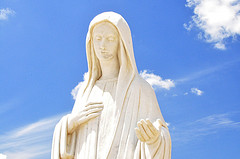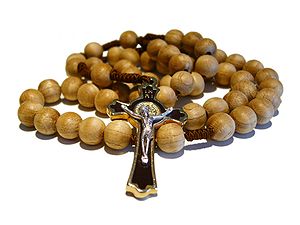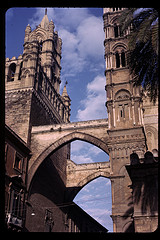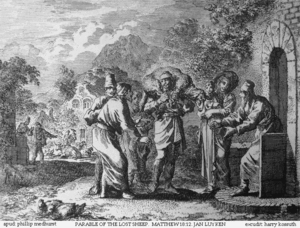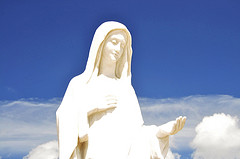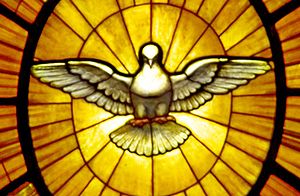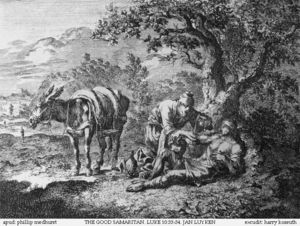Mary’s message at Medjugorje on October 2, 2010:
Dear children, Today I call you to a humble, my children, humble devotion. Your hearts need to be just. May your crosses be your means in the battle against the sins of the present time. May your weapon be patience and boundless love – a love that knows to wait and which will make you capable of recognizing God’s signs – that your life, by humble love, may show the truth to all those who seek it in the darkness of lies. My children, my apostles, help me to open the paths to my Son. Once again I call you to pray for your shepherds. Alongside them, I will triumph. Thank you.
Mary talks about patience and love in Her message which is a central theme to The Fourth Joyful Mystery of the holy rosary — The Presentation of Jesus in the Temple. We recount the story of Simeon who waited and prayed in the temple his entire life before seeing the Anointed One, the baby Jesus. Patience is a virtue that is often found lacking in today’s culture of instant gratification. Whether it be new gadgets, a new home, a promotion at work, or a relationship many of us don’t have the patience to wait and build up something we will appreciate. We often hear stories how people’s impulsiveness ends in misery when hasty marriages turn rough or they get in way over their head trying to live a lavash lifestyle.
Similarly, we are often impatient with God’s plan for us. We want God to answer all our prayers instantly to get us out of difficult situations. When we don’t get that instant response we believe God is not listening or does not care. But perhaps God does answer our prayers and we just do not see it. Perhaps we become so fixated on a single solution that we do not see the alternative and better path God provides. And that is why Mary asks us to be patient so that we will notice the signs God lays before us on how to live in His grace and one day enter His heavenly kingdom. Remember, Simeon was graced with seeing the Anointed One before his death. Simeon had faith that God would reveal Himself at the appropriate time. Mary asks us to show that similar faith and patient love.
Mary’s message at Medjugorje on October 25, 2010:
Dear children! May this time be a time of prayer for you. My call, little children, desires to be for you a call to decide to follow the way of conversion; therefore, pray and seek the intercession of all the saints. May they be for you an example, an incentive and a joy towards eternal life. Thank you for having responded to my call.
Mary asks us to follow the way of conversion which is the message of The Third Luminous Mystery of the rosary — The Proclamation of the Kingdom of Heaven and the Call to Conversion. Notice how She uses the word “decide.” Ultimately, it is our choice whether we want to convert our ways to God’s ways and build a meaningful relationship with Him. Living in God’s grace requires effort and is not something that happens by accident. No one ever became a saint by accident. All the saints made a conscious decision to follow God. Similar to Mary’s first message, deciding to follow God also means showing faith and patience to follow the path He lays before us. It may not be an easy road or one that we would have chosen ourselves. But it is the road that ultimately leads to His kingdom. But no one can walk that road for you. You have to decide whether you will follow that road wherever it takes you. Ask yourself, “did you decide to follow God today?”
Related articles
- Pilgrim soldiers (bbc.co.uk)
- War, peace and the Virgin | Andrew Brown (guardian.co.uk)
- HLI’s Missionaries Fighting for Life (deaconforlife.blogspot.com)
- Spirit & Life Newsletter: Homily by Msgr. Ignacio Barreiro-Carámbula (deaconforlife.blogspot.com)
- Everyday Miracles (vanguardngr.com)


